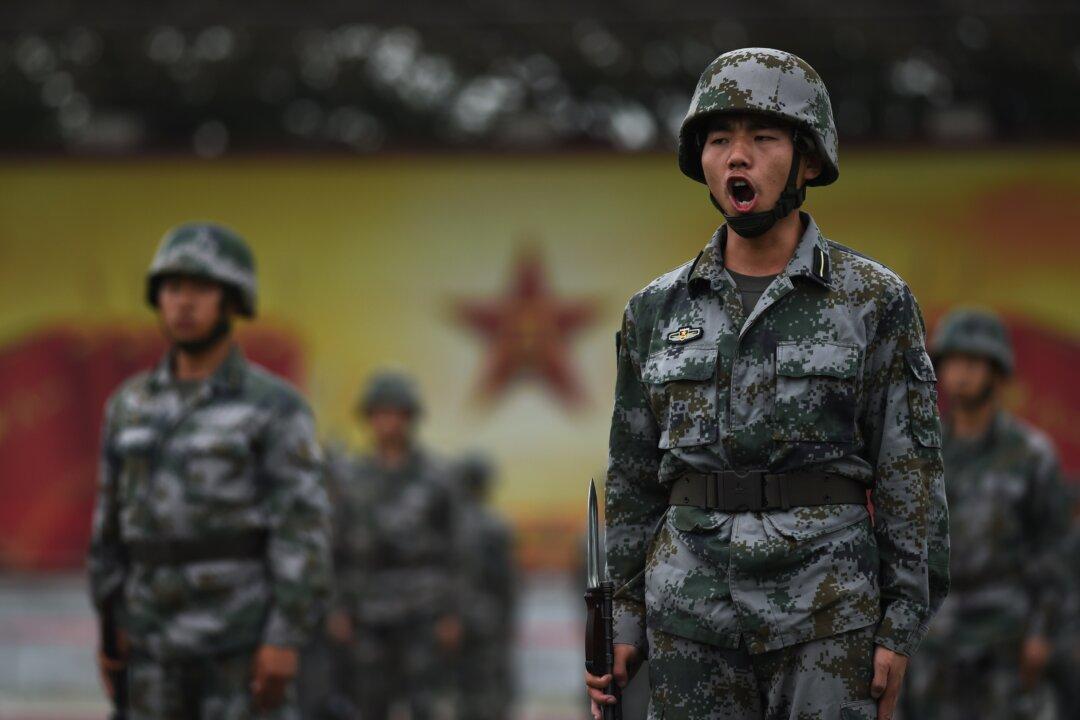The only time I saw a wild beast was in the primeval forests of Tibet in the 1980s. A leopard was prowling up a hill about 70 or 80 meters from our camp. It was at sunset. As the leopard moved, it frequently stopped and turned to look at our camp. We watched it nervously. Even after it went far, we still used a spyglass to track it. Its intimidating yet carefree strength left a deep impression on me.
As a Tibetan proverb put it, the creatures that appear the most ferocious are actually the least of one’s fears. This is gleaned from age-old hunting wisdom. The more alert and aggressive an animal shows, the less attacking power it has, since these animals are usually at the lower end of the food chain.




